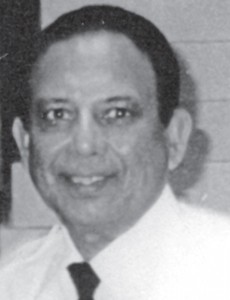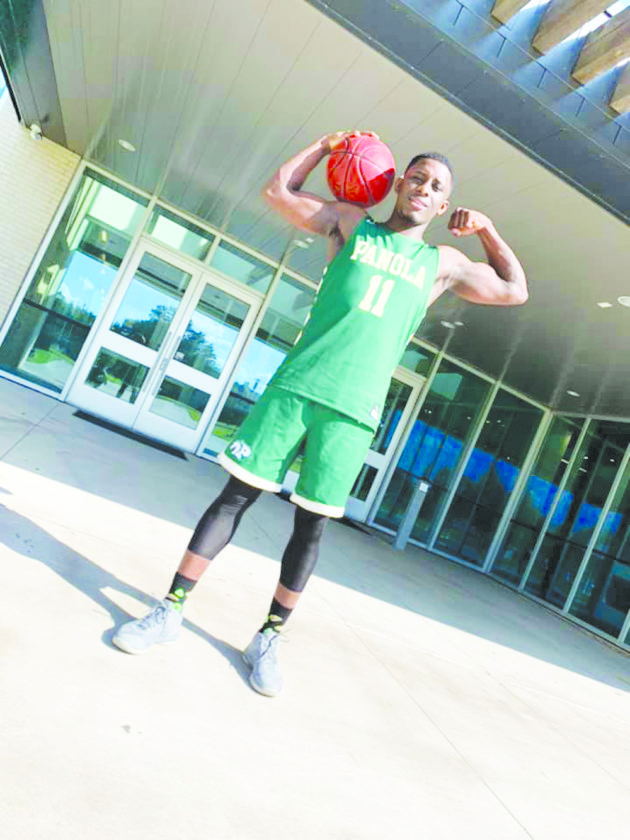Continued from last week
Back to my boyhood hero, Harry! While he didn’t do anything spectacular with the ball, Harry nonetheless played a great part to help Berbice retain the inter-county title. In a finish full of drama and tension, Berbice held on to the end to draw the final with archrivals Demerara in the 1955 inter-county cricket tournament at Bourda. Scores in the match were: Demerara 441 for eight declared, Berbice 260 for nine. Interest in the game was kept alive until the last ball, when the Berbice pair at the wicket and the umpires acquiesced to the third appeal for bad light. Basil Butcher batted well for his 46 runs, which came in 90 minutes and in, which he struck seven boundaries. Earlier, Rohan Kanhai was caught at the wicket by Mc Watt off “Bruiser” Thomas for 19, making an injudicious cut.


